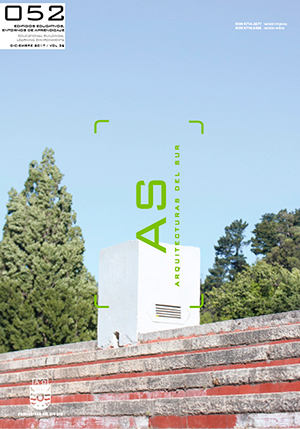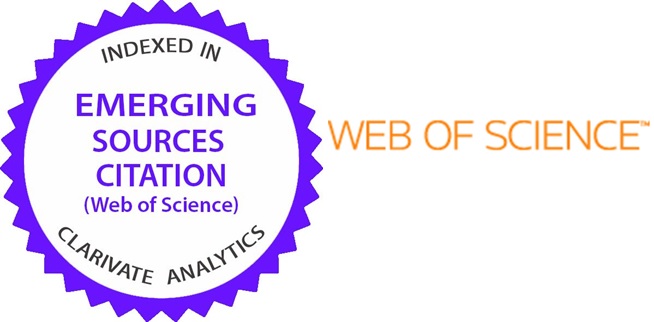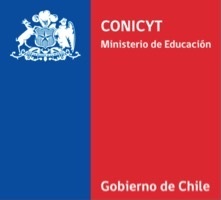Regenerative campus design: Learning from nature and university dynamics
DOI:
https://doi.org/10.22320/07196466.2017.35.052.04Keywords:
environmental architecture, sustainable development, university campus, university education, hydrologyAbstract
The sustainability of the planet requires a significant change in the way we relate to the environment. In this context, the great challenge is to move from discourse to practice. Universities, which are responsible for educating future professionals and researchers, should take a leadership position in this process. However, the fragmentation of knowledge into isolated areas or departments does not contribute to the implementation of these relevant changes. The process of developing a regenerative project for the main campus of Santa Catarina University in Brazil relates directly to the debate on the role of the physical space of universities as a pedagogical instrument for the resilience of ecosystems. The design concept arose from the analyses and propositions of graduate students from different disciplines. They aim to develop clear proposals in which nature’s dynamics and cycles positively contribute to the quality of learning and vice versa
Downloads
References
GROUP y REED, Bill. The Integrative Design Guide to Green Building: Redefining the Practice of Sustainability. Hoboken: John Wiley & Sons, 2009.
BRUNDTLAND, Gro Harlem. Report of the World Commission on Environment and Development: Our Common Future. Oxford: Oxford Univ Press, 1987.
BUCKMINSTER FULLER, Richard. Operating Manual for Spaceship Earth. Carbondale: Southern Illinois University Press, 1969.
CHOI, Bernard C. K. y PARK, Anita W. P. Multidisciplinarity, interdisciplinarity and transdisciplinarity in health research, services, education and policy: 1. Definitions, objectives, and evidence of effectiveness. Clinical and investigative medicine, 2006, v. 29, nº 6, pp. 351-364.
GARRET, Elizabeth. Inauguration Address, 2015. [Consultado 12 agosto 2017]. Disponible en: http://archive.president.cornell.edu/docs/garrett-address.pdf
HES, Dominique y du PLESSIS, Chrisna. Designing for Hope: Pathways to Regenerative Sustainability. New York: Routledge, 2015.
LEFF Enrique; VALENZUELA, Sandra; VIEIRA, Paulo Freire. Epistemologia ambiental. São Paulo: Cortez; 2001.
McDonough, William y Braungart, Michael. Cradle to cradle: remaking the way we make things. New York: North Point, 2002.
MORIN, Edgar y PAKMAN Marcelo. Introducción al pensamiento complejo. Barcelona: Gedisa; 1994.
ORR, David W. Earth in mind: On education, environment, and the human prospect. Washington: Island Press, 2004.
RODRIGUES, Icles. A UFSC na década de 1960: outras histórias... En: NECKEL, Roselane y KÜCHLER, Alita Diana C. (org.) UFSC 50 anos: trajetórias e desafios. Florianópolis: UFSC, 2010, pp. 17-35.
SPIRN, Anne Whiston. Ecological Urbanism: A Framework for the Design of Resilient Cities. En: NDUBISI, Forster O. (ed.) The ecological design and planning reader. Washington: Island Press, 2014, pp. 557-571.
Wackernagel, Mathis y Rees, William. Our Ecological Footprint: Reducing Human Impact on the Earth. Gabriola Island: New Society Publishers, 1996.
WU, Jianguo y WU, Tong. Ecological Resilience as a Foundation for Urban Design and Sustainability. En: PICKETT, Steward T.; CADENASSO, Mary L.; MCGRATH, Brian (eds.) Resilience in Ecology and Urban Design: Linking Theory and Practice for Sustainable Cities. New York: Springer, 2013, pp. 211–229.
Downloads
Published
How to Cite
Issue
Section
License
The content of the articles published in each issue of Arquitecturas del Sur is the sole responsibility of the authors and does not necessarily represent the opinion of University of the Bío-Bío.
The authors will maintain their copyright; however, they will guarantee the journal the right to first publication and dissemination of their work. The publication of the article in Arquitecturas del Sur will be subject to the Creative Commons International license (CC BY-SA) that allows others to adapt: remix, transform and build on the material for any purpose, even commercially; share: copy and redistribute the material in any medium or format, as long as the authorship and first publication in this journal are acknowledged by citing them correctly, and their new contributions are under a license with the same terms.














 Programa de Información Científica/Concurso Fondos de Publicación de Revistas Científicas 2018/ Proyecto Mejoramiento de Visibilidad de Revistas UBB (Código:FP180007)
Programa de Información Científica/Concurso Fondos de Publicación de Revistas Científicas 2018/ Proyecto Mejoramiento de Visibilidad de Revistas UBB (Código:FP180007) 
